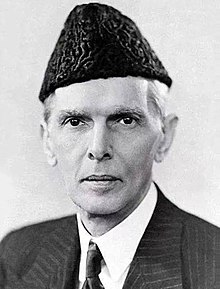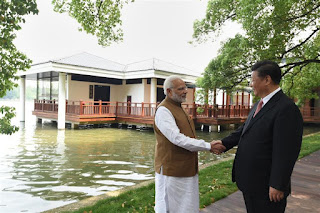CONTINUATION OF WESTERN HEGEMONY, INDIA WITHOUT AN E-RETAILER

Mukesh Devrari Western powers exploited third world countries by occupying them. British Empire was an economic project, not a racial one. It ensured that the UK becomes the richest nation on earth. Slowly all nation-states demanded independence. To maintain their economic supremacy western powers needed unbridled access to markets in third world countries. Without this access, the west cannot keep its economic supremacy intact. Western powers created a propaganda structure. They invented the economic order. They created a set of rules and declared them universally applicable and essential for the progress of all nations on earth. West encouraged third world countries to adopt liberal market policies. It preached by practising it. Free market doctrine claimed that western nations are open to all kinds of investment from around the globe. They claimed that there is no discrimination in the west. Whether a company interested in doing business in the west is Africa



